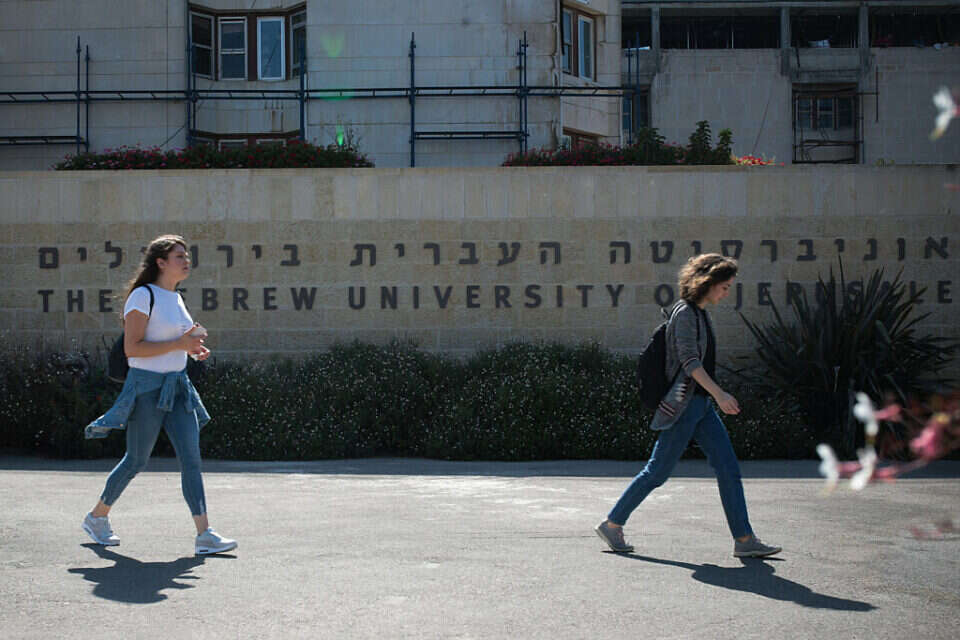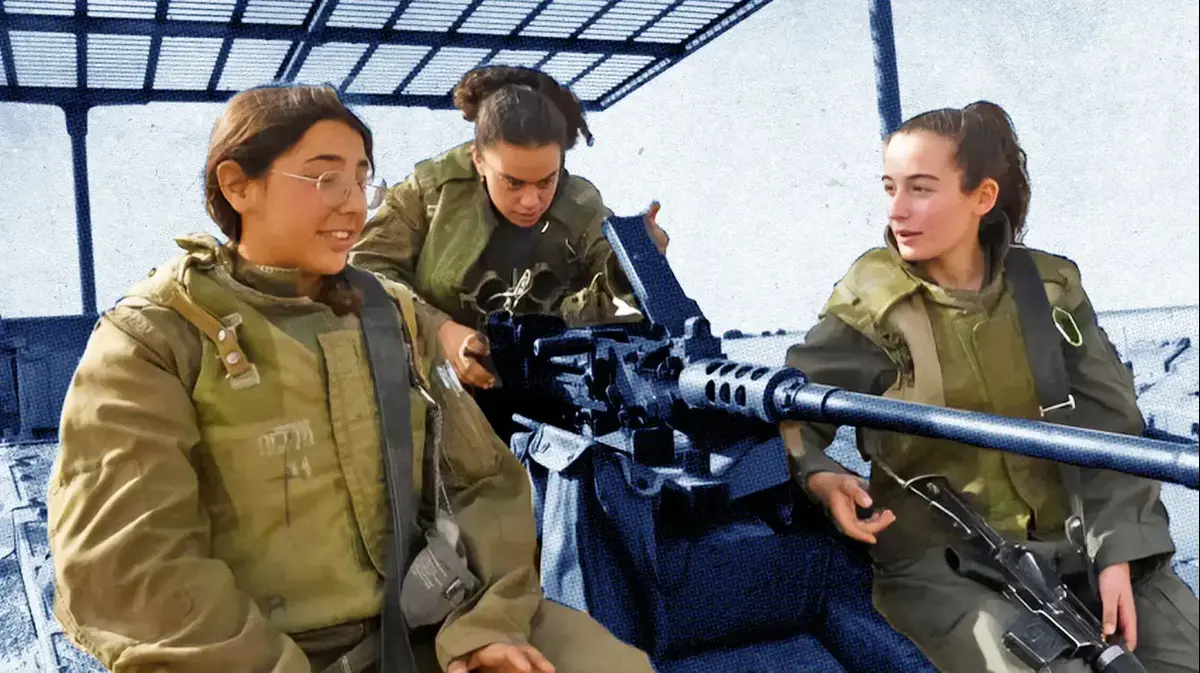For 40 years, the State of Israel has been providing aid for academic studies to members of the lower socio-economic strata.
40 years in the country, a certain score is awarded for service in the IDF or for national service. Yes, on the way to a scholarship, the state prioritizes those who fulfilled their duty and gave it precious years of their lives, over those who did not. Recently, the Ministry of Justice ordered the Council for Higher Education to change the criteria and reduce or Abolish this scoring. The favoritism of the servants, the ministry claims, violates the principle of equality. If the criterion is indeed abolished, about 10,000 students will find themselves without a scholarship at all, or entitled to only a partial scholarship.
The remaining slices of the cake will be distributed more generously to those who did not serve.
The Minister of Education, by the way, is fighting to cancel the evil of the decree.
In the background, there is also a "Dimensions for Studies" scholarship, but this is only distributed to fighters and members of special populations.
What about the other soldiers?
And what about the servants in the national service?
True, it is important to distribute the state's funding to all the incompetent, regardless of sector, religion, gender and race.
It is appropriate that as many citizens as possible have the opportunity to acquire an education and open broad horizons for employment and fair earnings.
But let's talk for a moment about another aspect of equality.
Let's look at two 18-year-old guys, who are unable to finance and study higher education.
One can start the race of his life at the age of 18, free of any obligation, go to work and save money or gain experience, and even get a scholarship and start his studies.
The other guy, we will call him "the bearer of the burden", will be busy in the next three years with giving.
He will not stand on his own.
Maybe he'll be a fighter and risk his life for all of us, maybe he'll be a combat supporter or work in a military kitchen.
Bottom line, he will only be on the starting line of life at the age of 21. So who has the advantage?
Does anyone see equality here?
But that's the easy argument.
The more fundamental question is about the State of Israel.
Where is it going, what are its values and what is it transmitting to its citizens.
Does the state seek to encourage the citizens to fulfill their legal duty, and shows that it counts those who accept responsibility, protect the state and contribute to the common good?
Or does she treat the military or national service servants exactly the same as she treats those who lightly skip over this duty?
Is this called equality?
It is an open secret that the military and national service is not only a moral duty of the citizens to their country.
The service brings with it a value of mutual guarantee, of getting to know the people and of connection to the country.
Israel needs to decide if it talks to its feminists about serious service and comes up with countless programs in the periphery whose purpose is significant recruitment, because the service not only helps the state but also causes the young citizen to become attached to the State of Israel with a thick layer of caring - or does she actually tell him, I'm not counting what that you dedicate to me
She has to choose whether she monitors, encourages and even falsifies data to force the number of ultra-Orthodox soldiers who enlist to rise, whether she encourages the Arab public to go into national service thinking that there will be thousands more mixed citizens here who see themselves as part of the state - or whether she at the same time beckons And she says, actually leave, don't serve, it doesn't really matter.
In the discourse on increasing allowances for the ultra-orthodox priests, it is repeatedly claimed that money talks.
that if you want to encourage a population to do something, for example work, the scope of the scholarship can be increased or decreased.
If the State of Israel wants to encourage recruitment and service, it should take care of the rights of those who serve, and yes, prefer them over those who do not serve.
The principle of equality is an important principle, but it is not the sole value upon which the stratified, divided state of Israel stands, in need of a mutual guarantee, and yes, an army as well.
It is amazing that those who set the criteria for the scholarship understood all this 40 years ago, but today's progressive officials do not.
were we wrong
We will fix it!
If you found an error in the article, we would appreciate it if you shared it with us



/cloudfront-eu-central-1.images.arcpublishing.com/prisa/YP5IFSHIBSYKN4S6TPUBQE3MIE.jpg)





